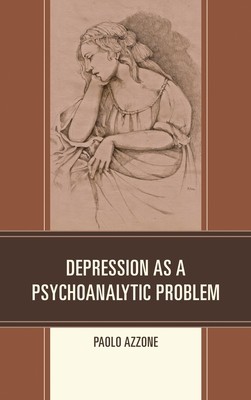
- We will send in 10–14 business days.
- Author: Paolo Azzone
- Publisher: University Press of America
- ISBN-10: 076186041X
- ISBN-13: 9780761860419
- Format: 15.5 x 23.1 x 1.5 cm, hardcover
- Language: English
- SAVE -10% with code: EXTRA
Reviews
Description
Over the past few decades, psychoanalysis and dynamic psychiatry have been steadily stepping back from a key role in the understanding and treatment of depressive disorders. This book investigates the basis for such retreat by delving into the history of medicine, philosophy, religion, and literature. It unveils the social motives for the overwhelming consensus currently gathered by the biomedical model of depression. The book then moves on to discuss at depth psychoanalytic literature on depression and reveals how it possesses an enormous explanatory power for depression symptoms. This approach allows the author to offer readers a comprehensive, dynamically-oriented model of symptom formation in depression.
EXTRA 10 % discount with code: EXTRA
The promotion ends in 7d.15:36:36
The discount code is valid when purchasing from 10 €. Discounts do not stack.
- Author: Paolo Azzone
- Publisher: University Press of America
- ISBN-10: 076186041X
- ISBN-13: 9780761860419
- Format: 15.5 x 23.1 x 1.5 cm, hardcover
- Language: English English
Over the past few decades, psychoanalysis and dynamic psychiatry have been steadily stepping back from a key role in the understanding and treatment of depressive disorders. This book investigates the basis for such retreat by delving into the history of medicine, philosophy, religion, and literature. It unveils the social motives for the overwhelming consensus currently gathered by the biomedical model of depression. The book then moves on to discuss at depth psychoanalytic literature on depression and reveals how it possesses an enormous explanatory power for depression symptoms. This approach allows the author to offer readers a comprehensive, dynamically-oriented model of symptom formation in depression.


Reviews